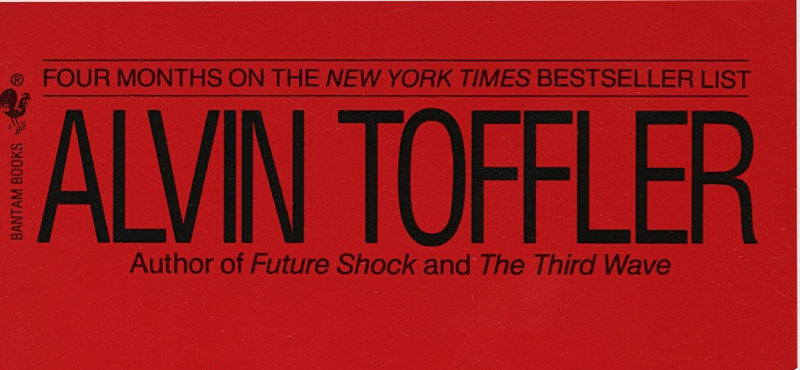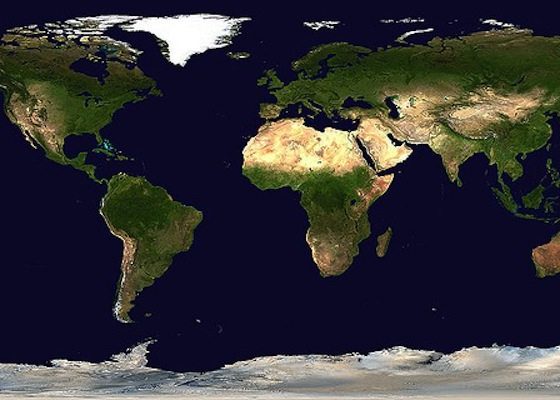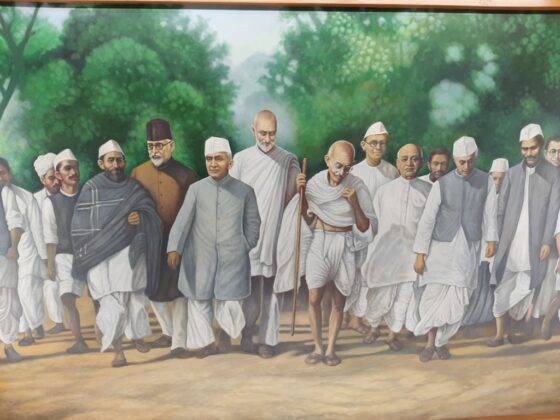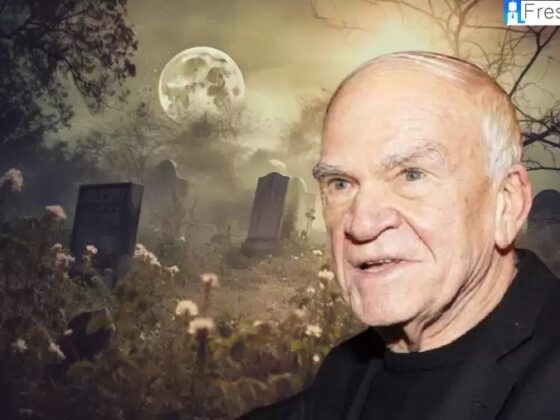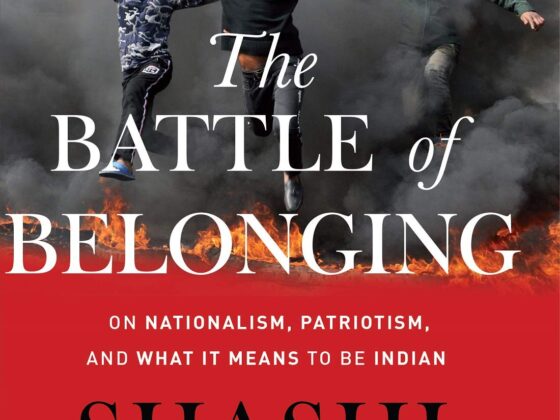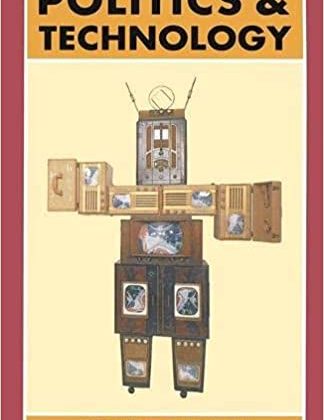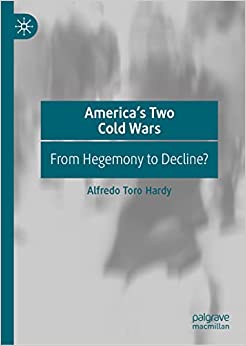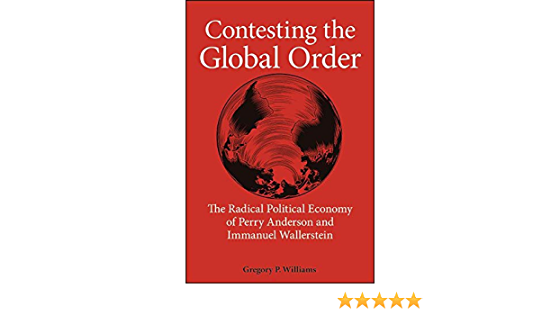“Power Shift: Knowledge, Wealth, and Violence at the edge of the 21st Century” by Alvin Toffler, Bantam Books, 1990. New York

Alvin Toffler
Last book of the trilogy, ‘Powershift’ published in the 1990s still continues to be an impressive intellectual handbook to understand the transformation of power in a rapidly evolving technological, economic, and social environment. Toffler argues the nature of power in any epoch is determined by knowledge, wealth and violence. By acknowledging the inevitable emergence of new age knowledge economy, Toffler sets to describe the set of changes in the power dynamics at the turn of the 21st century. A gradual shift in power succeeds with knowledge through control of information in a super symbolic economy. Post third wave of industrialization, smoke stack industries would be replaced by decentralized industries with technology and information playing critical roles. China in the past few decades has designed its economy based on knowledge and gained technological sovereignty in Asia threatening the West’s global dominance. He asserts the pattern of powershift in politics, economics and business would be integrated and the hierarchy of power would get dissolved. A mosaic of power structure would emerge, ‘demassyifying’ production that determines the future of an economy. Recent developments in 3D printing, artificial intelligence etc have changed the paradigm of manufacturing – the country investing and comprehending the impact of innovation and disruptive technologies would gain economic superiority. By providing substantial case studies and thorough qualitative analysis, the futurist predicts millennials to redefine the defence for democracy with technology, information and knowledge. There exists a conspicuous relationship between power, wealth and knowledge since the beginning of the industrial revolution. While power has traditionally been symbolised by brute military power and economic power until the end of the world wars, the post 1945 transformation of power is contained in a triangle of military power, economic power, and knowledge (science and technology) power, Knowledge has now transformed the very notion and effectiveness of power. Power structure in the 21st century, according to the writer, will be redefined by knowledge.

Violence and wealth function as important tools to consolidate power – politicians, bureaucrats and business people have always used violence & wealth to move up the hierarchy. Changing levels of technology and innovation has advanced knowledge to be a source of high quality power. Toffler firmly argued that power shift era will not be about competing nations or institutions for power, rather the dynamics between violence, wealth and knowledge would be the most intimidating transformation of power. Twenty odd years later it is clear that his analysis is spot on. An important note has been made on three key factors that bolster power accumulation – military, economic and technological power. Any country claiming superiority over these three could garner superpower status. Testing this hypothesis in the case of scandanavian countries proves that despite achieving superior economic and technological capabilities these countries could never realise great power status due to lack of strong military power. Toffler highlights, however, that the nature of military power now symbolises the critical influence of knowledge power. Tofflers’ concepts, also echoed by Joseph Nye as ‘smart power’ (combination of soft and hard power), justifies the end of the Cold-War era power struggle. Political values, culture and foreign policy were fundamental for soft power, traditional marxist and liberals considered economic might to be foundational to soft power. Global power centre of gravity shifting from west to east at the turn of the 21st century is a reflection of not just the rise of Asia but also the transformation of power and hence, the powershift. China’s ambitious Belt and Road initiative aims to consolidate its economic power within the western framework and then transform it. Undoubtedly, power transformation across the region and within a country is an outcome of increasing control of and access to advanced technology. A successful super symbolic economy would operate only in a country which manages to maintain monopoly of knowledge for a brief time frame until the knowledge can be commercialized to boost the economy further.Toffler has made assumptions by partially ignoring the role of domestic government structure in accumulating wealth by gaining access to control of knowledge. The inextricable link between local framework in materializing as an influential player in the global market cannot be ignored. Toffler’s following statement rings even more relevant today than ever before – “Knowledge itself … turns out to be not only the source of the highest-quality power, but also the most important ingredient of force and wealth. Put differently, knowledge has gone from being an adjunct of money power and muscle power, to being their very essence. It is, in fact, the ultimate amplifier. This is the key to the powershift that lies ahead, and it explains why the battle for control of knowledge and the means of communication is heating up all over the world.” By using the term knowledge liberally, author assumes a fluidity in defining knowledge as a tool in the era of powershift. Beyond logical thinking, knowledge is related to the ability of learning, unlearning and relearning. Any information and data can be reproduced with value as a product of passion and innovation. India at this juncture must position herself to strategically become a strong emerging power in a multi polar world. Counter balancing China’s growth in Asia, India has to permeate the knowledge economy by investing in technology and innovation. It might be fallacious to idealize China’s path, but it is critical to recognise the changing dynamics of knowledge in the current world order. An exhilarating text presenting an inspiring account of the future which we currently live in. The book remains germane as we experience knowledge of technology shaping the power structure and reiterates the dictum ‘knowledge is power’.

